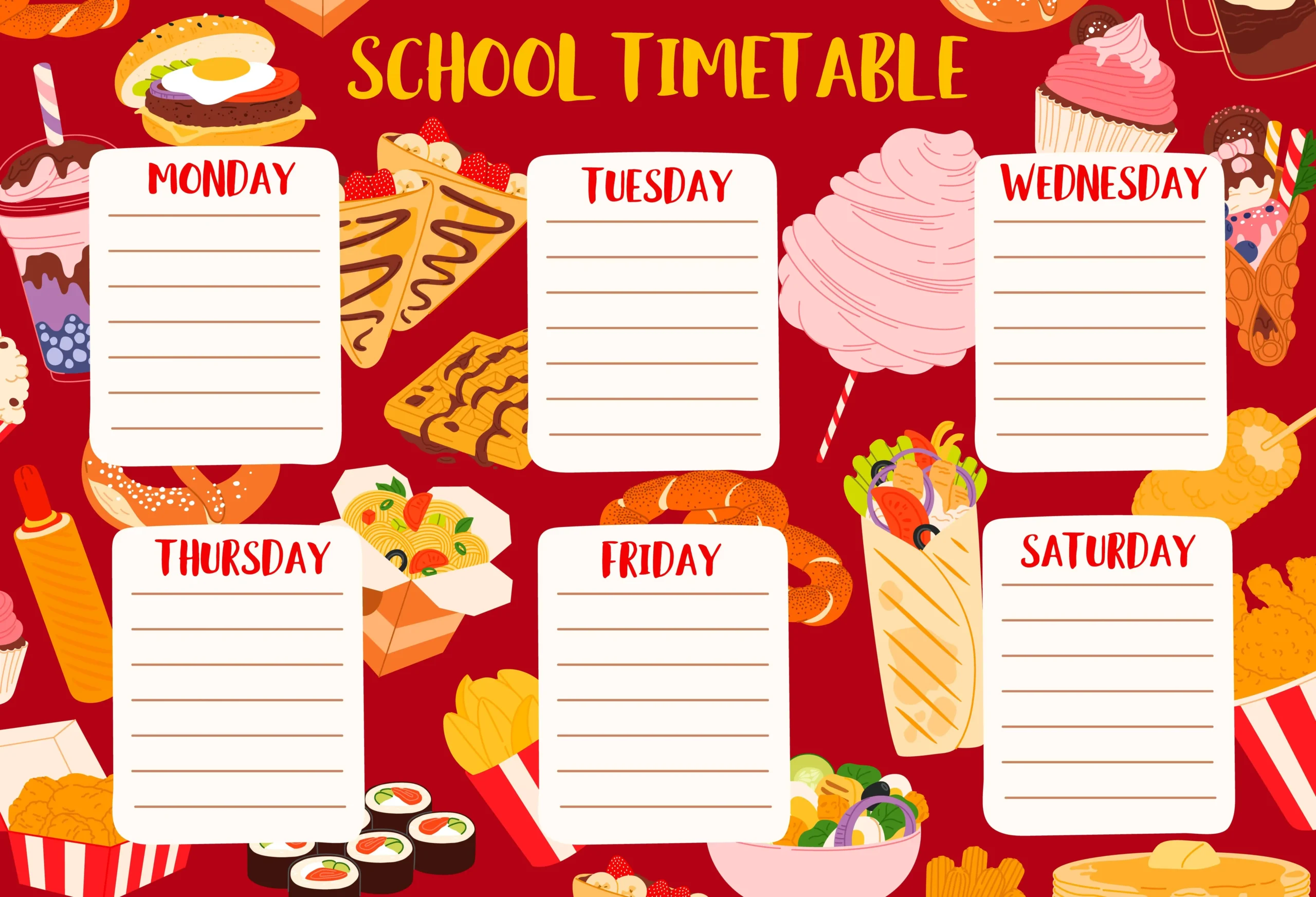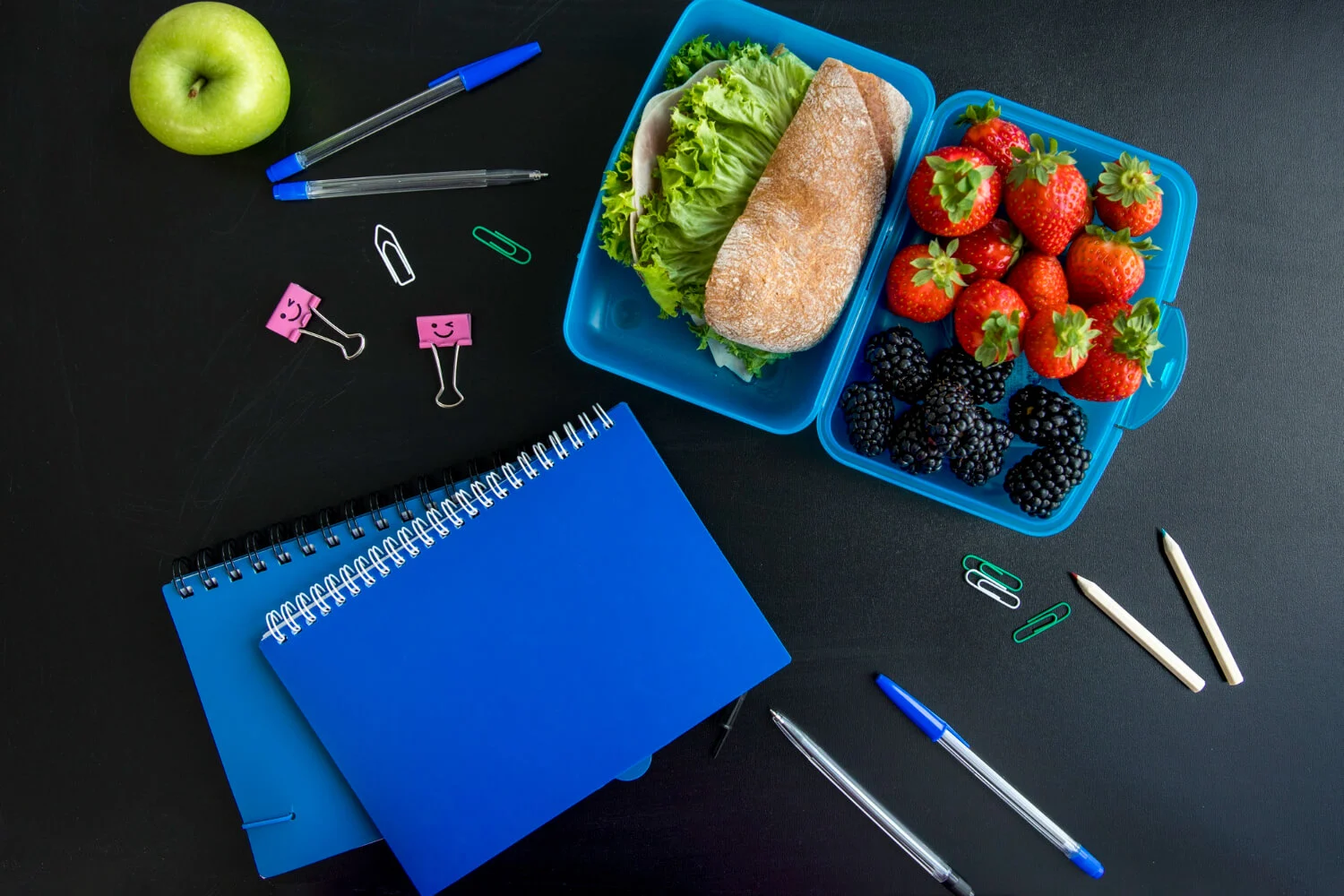Fueling Young Minds: The Science of Healthy Eating for Students
Ah, the joys of adolescence! Raging hormones, existential crises, and… proper nutrition? Yes, you heard that right. In the grand scheme of teenage problems, healthy eating for students might seem trivial. But hold onto your kale smoothies, folks, because science has some news for you!
Why Bother with Healthy Eating for Students Today?
Let’s dive into why healthy eating for students matters so much. It’s not just about avoiding the dreaded “Freshman 15” – it’s about giving those growing bodies the building blocks they need.
Growth and Development: Not Just for Plants Anymore
Believe it or not, teenagers are like weeds (in the best possible way). They grow at an alarming rate, and just like those pesky plants in your garden, they need the right nutrients to thrive. Proper nutrition for growing students is crucial for optimal development.
Immunity: Your Body’s Personal Bouncer Against Illness
Think of a healthy diet as your teen’s immune system bouncer. It’s there to keep out the riffraff (read: viruses and bacteria) and maintain order in the body’s nightclub. A balanced diet for student health boosts immunity significantly.
Academic Performance: Food for Thought and Better Grades
Here’s a shocking revelation: brains need food to function. I know, who would’ve thought? But seriously, proper nutrition is crucial for cognitive function. Healthy eating habits improve student performance in class and can mean the difference between acing that test and staring blankly at the wall for an hour.
The Essential Building Blocks of a Student’s Healthy Diet
Now that we’ve established why healthy eating for students matters let’s break down the components of a balanced diet. Spoiler alert: it’s not all pizza and energy drinks.
Fruits and Veggies: Not Just Rabbit Food Anymore
Yes, we know. Vegetables are what food eats. But hear us out – these colorful plant parts are packed with vitamins, minerals, and antioxidants. They’re like nature’s multivitamins, minus the chalky aftertaste. Incorporating fruits and vegetables in student diets is essential for overall health.
Protein: The Muscle Maker for Growing Students
Protein isn’t just for bodybuilders and Instagram influencers. It’s essential for growing bodies, helping build and repair tissues. Think of it as the construction crew of the body. Adequate protein intake for students’ growth is crucial for their physical development.
Complex Carbs: The Slow and Steady Energy Source
Complex carbohydrates are the marathon runners of the nutrient world. They provide steady energy throughout the day, unlike their simple sugar cousins who crash and burn faster than a New Year’s resolution. Whole grains in student meals provide sustained energy and better concentration.
Healthy Fats: Not an Oxymoron for Student Nutrition
Contrary to popular belief, not all fats are evil. Healthy fats, like those found in avocados, nuts, and fish, are crucial for brain function. They’re like brain lubricant, helping those neurons fire more efficiently. Including healthy fats in student diets supports cognitive function and overall health.
Water: The Unsung Hero of Student Health
Last but not least, let’s hear it for good old H2O. It might not be glamorous, but water is essential for… well, everything. Proper hydration for students improves focus and helps transport nutrients, regulates body temperature, and keeps those brain cells plump and happy.
Organizing Healthy Eating for Students: A Practical Guide
Now that we’ve covered the “what” of healthy eating for students, let’s tackle the “how.” Spoiler alert: it involves more than just wishing really hard.
Meal Planning: Not Just for Type A Students
Planning meals might sound about as exciting as watching paint dry, but it’s a game-changer for healthy eating. It helps ensure a balanced diet and prevents the dreaded “there’s nothing to eat” syndrome that inevitably leads to poor food choices. Effective meal planning for students’ nutrition is key to maintaining a healthy diet.
Breakfast: The Most Important Meal for Students
We know, you’ve heard this one before. But there’s a reason this cliché won’t die – it’s true. A healthy breakfast sets the tone for the day, providing energy and helping with concentration. Nutritious breakfast ideas for busy students can make a significant difference in their day.
Lunch and Dinner: The Dynamic Duo of Nutrition
These meals should be balanced, satisfying, and preferably not from a vending machine. Aim for a mix of proteins, complex carbs, and vegetables. Balanced lunch and dinner for students should provide essential nutrients without relying on processed foods.
Snacks: The Unsung Heroes of Student Nutrition
Healthy snacks are like the supporting actors of the food world – not always in the spotlight, but crucial to the overall performance. Opt for nutrient-dense options like fruits, nuts, or yogurt. Healthy snacking options for students’ energy boost can help maintain steady energy levels throughout the day.
What to Avoid: The Student Nutrition Hall of Shame
Now for the fun part – what not to eat. Spoiler alert: if it comes in a brightly colored package with a cartoon mascot, it’s probably not ideal.
Processed Foods: The Convenience Trap for Students
Sure, they’re easy and often tasty, but processed foods are the nutrition equivalent of a get-rich-quick scheme. They promise satisfaction but leave you empty (nutritionally speaking). Avoiding processed foods in student diets is crucial for maintaining good health.
Sugary Drinks: Liquid Candy in Disguise for Students
Sodas and energy drinks might taste good, but they’re essentially sugar bombs waiting to detonate in your body. They provide a quick energy boost followed by an equally quick crash. Limiting sugary drinks for students’ health can prevent energy crashes and mood swings.
Excessive Sweets: The Sugar Dilemma in Student Diets
We’re not saying you can never enjoy a cookie again. But moderation is key. Excessive sugar intake can lead to energy crashes, mood swings, and long-term health issues. Balancing treats in student meal plans is important for overall health and wellbeing.
Conclusion: The Sweet Spot of Student Nutrition Success
Healthy eating for students isn’t about adhering to a strict diet or never enjoying your favorite foods. It’s about making informed choices most of the time and understanding how food affects your body and mind. By focusing on nutrient-dense foods, staying hydrated, and avoiding excessive junk food, students can fuel their bodies and minds for success.












